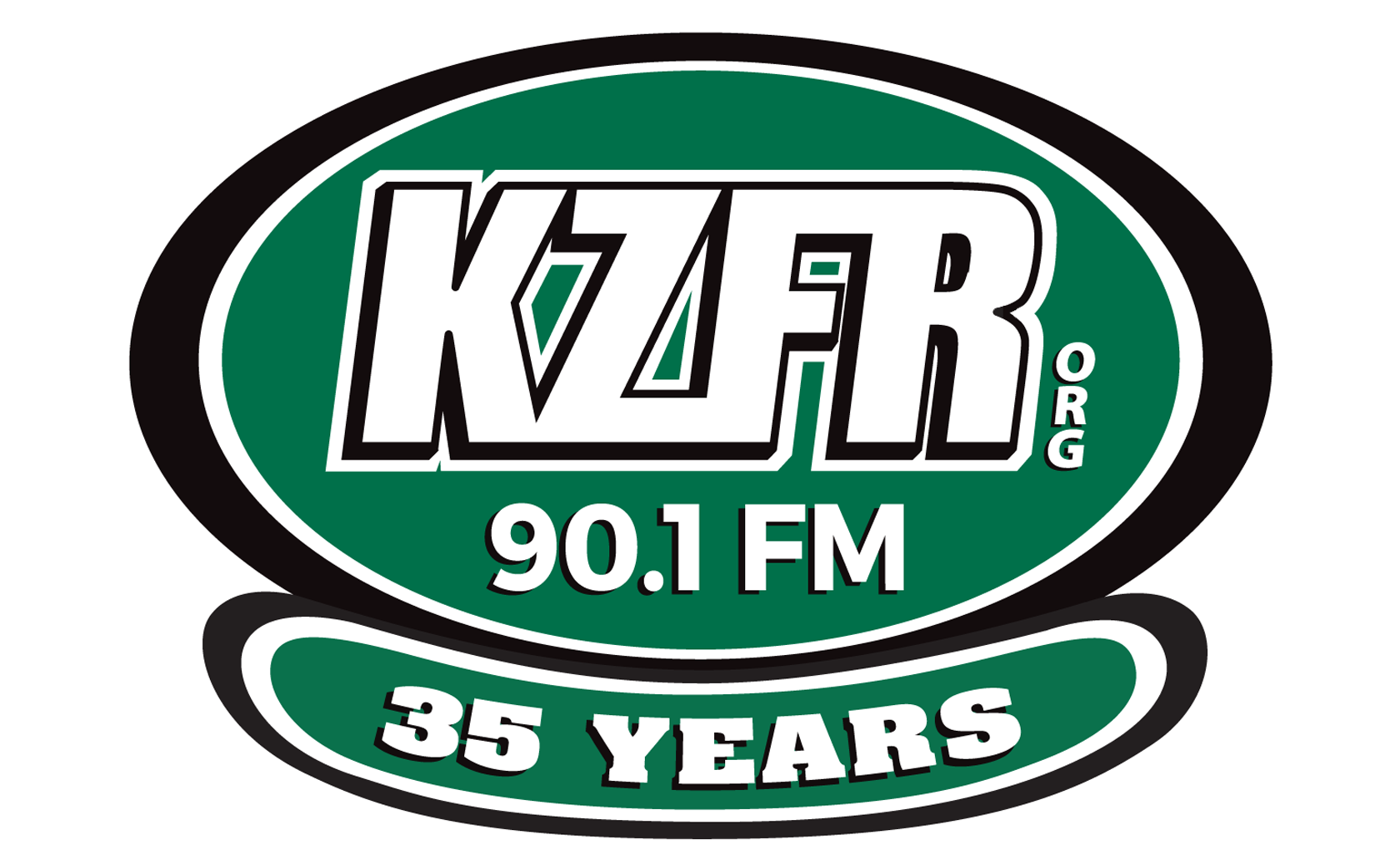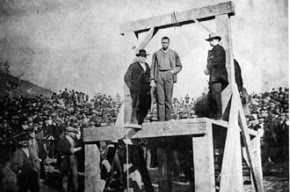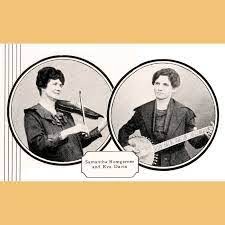Desperate: In dire need; being filled with, or in a state of despair or hopelessness; without regard to danger or safety; extreme (in a bad sense).
John Hardy was a desperate little man
He carried two guns every day
He shot down a man on that West Virginia line
You oughta seen John Hardy getting away
So begins “John Hardy” an American murder ballad based upon a historical account. The real John Hardy was an African-American railroad worker in McDowell County, West Virginia. In the spring of 1893 he was shooting craps and drinking heavily with Thomas Drews and then Hardy killed him.
Census records of 1880 tell us that Hardy was 13 in 1880 and so would have been 26 at the time of the murder. According to the Wheeling Daily Register of January 20, 1894, the trouble over the craps game was just a pretext for Hardy to kill Thomas Drews because “both were enamoured of the same woman, and the latter proving the more favored lover, incurred Hardy's envy.” There was also testimony at the trial that Hardy had enlisted a confederate, Webb Gudger, to assist. Census records show that Gudger was 19 in 1880. He was listed as ‘mulatto’ and his occupation at that time was “prisoner.” He would have been 33 in 1894 when his occupation was railroad man. He was skulking in the background during the game and he was supposed to shoot Drews if Hardy’s efforts failed. A few days after the killing both men were captured. Hardy’s mother attempted to post bail but couldn’t because it was a capital crime.
Hardy was found guilty by a jury and on January 19, 1894 he was hanged in Welch, West Virginia. There is a photo of him standing on the gallows, and in it he doesn’t look ‘little’ or ‘desperate.’ There were as many as 3,000 people in attendance for the hanging and they heard him publicly confess his guilt and remorse, as well as his hope for divine forgiveness and an eternal afterlife.I’ve been to the East
and I’ve been to the West
I’ve traveled this wide world around
I’ve been to that river and I’ve been baptized
So take me to my burying ground
Webb Gudger was found guilty of voluntary manslaughter and served four years at the state pen. He returned to McDowell County and railroad work where he died on the tracks in a railroad accident.
The songs seem to accurately reference the role of a woman behind Hardy’s motivations.
The first one to visit John Hardy in his cell
Was a little girl dressed in blue
She came down to that old jail cell
She said Johnny, I’ve been true to you
The next one to visit
John Hardy in his cell
Was a little girl dressed in red
She come down to that old jail cell
She said, Johnny, I had rather see you dead
As for the real woman at the heart of the conflict and the source of Hardy’s romantic desperation, perhaps it was his wife. A local newspaper article from April 1894 reads:
SHOT FROM AMBUSH
"Huntington, W. Va., April 16th
Mrs. Mary Hardy was shot from ambush fifty miles south of this city last
Saturday night while on her way home, by an unknown assassin. Her husband, John
Hardy, was hanged in McDowell county several months ago. She was a desperate
character.”
So Mrs. Hardy could be the catalyst for his actions, or perhaps someone just borrowed the newspaper’s characterization of his wife, and applied it to John? Or maybe it was another woman altogether? Was Mrs. Hardy the girl who wore red or the one who wore blue? We just don’t know.
After the execution, the ballad probably originated in McDowell County but moved quickly out of the county and across state lines. Less than two decades after the hanging, published variants of the song appeared in North Carolina and Kentucky as well as in West Virginia. As with all traditional folk songs, lyrics change from version to version, depending upon the storyteller’s influences and motivations.
In some instances, the stories of John Hardy and John Henry became intertwined. Many of the early 20th century versions of “John Hardy” include details from “John Henry,” the real but legendary African-American railroad steel-driver who had competed against a steam drill in 1887 or ‘88 and died for his efforts. Although the events surrounding John Henry’s folklore actually took place in Alabama, many versions placed the story in Big Bend Tunnel in West Virginia, probably because the Big Bend Tunnel is legendary in itself. Two African-American John H’s from West Virginia were bound to confuse and conflate. But by the time of the first recordings of the song in the mid 1920’s, those details had sorted themselves out, and “John Hardy” could stand on its own….like the big, confident man on the gallows 30 years earlier. But folklore isn't fair, and that is not as he is remembered; instead he is a man of diminished stature made even smaller by his despicable act.
On American Pastimes: The earliest known recordings of “John Hardy:” Eva Davis for Columbia in 1924 and Ernest Stoneman for Okeh in 1925. And Martin Simpson wrote a song from the point of view of Hardy’s victim. It’s called “Thomas Drew” and it appears on his 2017 collection called “Trails & Tribulations.”Sources: “John Hardy” song variations have been found in the collections of John and Alan Lomax, Cecil Sharp, Marie Boette, and Pat Gainer. The folklore and history behind the songs have been researched and studied by Norm Cohen, John Garst, Richard Ramella, John Harrington Cox, and Louis Watson Chappell.











